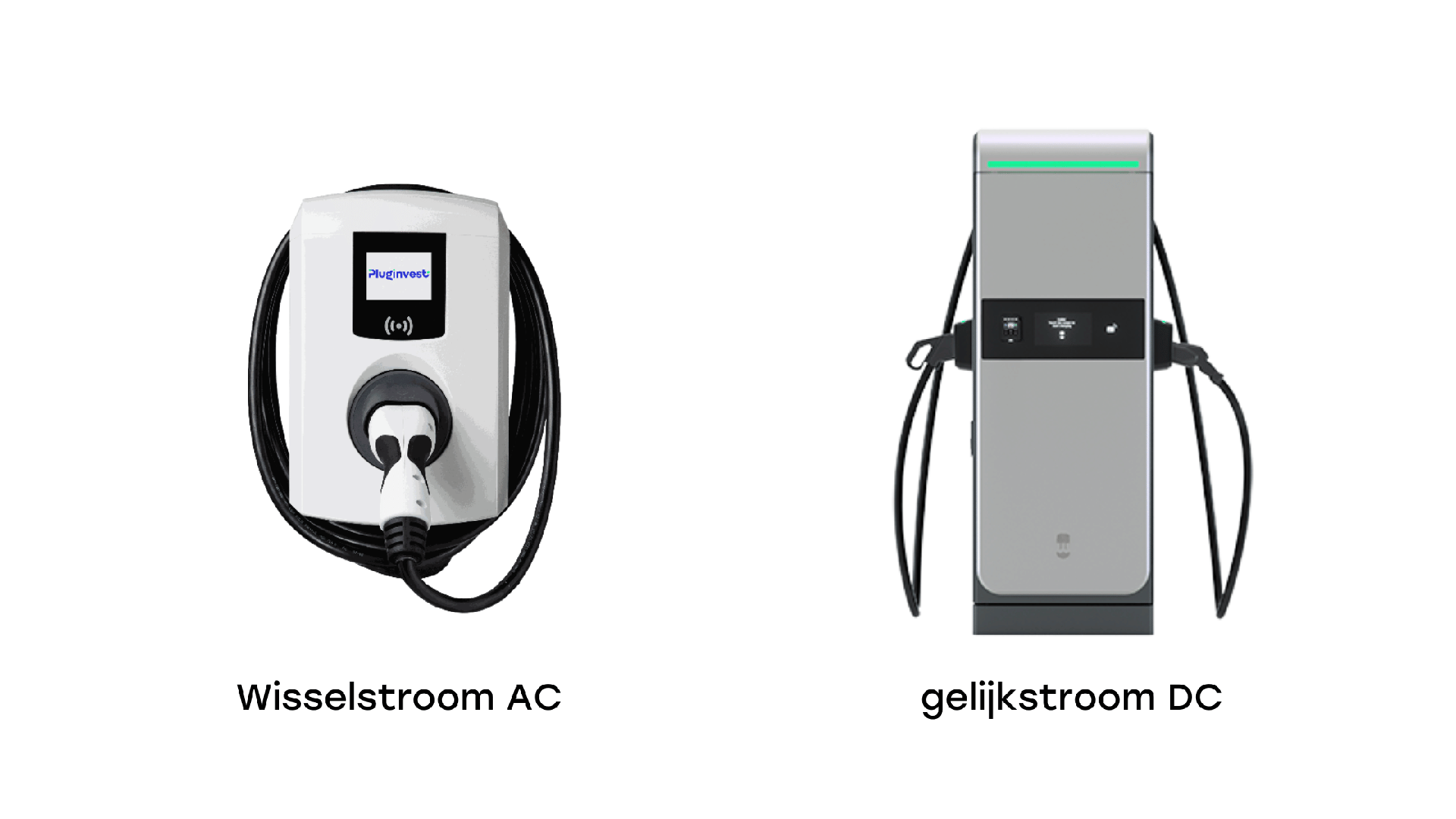From January 1st 2025, the installation of charging stations for electric vehicles will be mandatory in certain car parkings. This measure has been introduced to accelerate the transition to zero-emission transport and stems from the European directive on the energy performance of buildings.
This regulation builds on the earlier obligations that have been in effect since 2021. That year, rules were first introduced for the installation of charging points in new construction projects and major renovations. For more information on these obligations, you can read our article here.
Regulations in Flanders
Charging point = physical charging device at which an electric vehicle can charge
Charging infrastructure= infrastructure for conduits (or at least ducts for electric cables)to enable the installation of charging points in the future.
Residential buildings
New buildings with a parking area of at least 2 spaces must provide charging infrastructure for each parking space.
Renovations with more than 10 parking spaces are required to provide charging infrastructure for each parking spot. This only applies in the case of a major renovation, meaning a renovation where more than 25% of the building envelope undergoes renovation.
Existing building have no obligation to provide a charging point. However, the future of cars is electric! So, we recommend investing in a charging station at your home or in your residence's parking area.
Non-residential buildings (offices, shops,...)
New construction and renovations: In parking areas with 10 or more spaces, at least two charging points must be present in non-residential buildings. Additionally, at least one in four parking spaces must be equipped with charging infrastructure for electric vehicles.
Existing buildings: All existing buildings with more than 20 parking spaces must have at least 2 charging points.
Technical requirements for charging infrastructure
The legislation requires that the charging points meet specific technical conditions
Power: The charging points must be able to deliver a power output higher than that of a standard socket, specifically at least 3.7 kW (16 A). This ensures that vehicles can be charged efficiently, whether for daily use or for faster charging sessions.
Type connectors: The charging points must be equipped with at least one of the following connectors: type 2 for alternating current (AC) or Combo 2 for direct current (DC).

Inspections and penalties
The Flanders Energy and Climate Agency (VEKA) is responsible for monitoring compliance with this legislation. In the absence of charging infrastructure, penalties may be imposed:
- 2000 euro for each missing charging point.
- 1000 euro for each obligated parking space without preparatory infrastructure for future charging points.
More information about the regulations in Flanders can be found here.
Regulations in Brussels
Residential buildings
From 1 January 2025, it is mandatory to install a charging point in the parking area when the resident owns an electric car and indicates that they want a charging station.
It is not mandatory to install a charging point at a private residence without an electric car. This legislation specifically applies to residential buildings, such as apartments with shared parking facilities.
Non-residential buildings
Existing buildings
- Office
parking: From 1 January 2025, at least 10% of the amount of parking spaces must be equipped with charge points, with a minimum of two charge points.
- Public parking and commercial establishments: From 1 January 2025, at least 5% of the number of parking spaces must be equipped with charging infrastructure.
New construction projects
New buildings must meet the stricter criteria that will come into effect by 2035 from the moment they are completed. These requirements are more stringent than the regulations for 2025. More information about these quotas can be found through the following link:
here.
Regulations in Wallonia
Residential buildings
For new residential buildings or major renovations of residential buildings with more than 10 parking spaces, all parking spaces must be prepared for the future installation of charging points. There is no immediate obligation to install charging points, but the infrastructure must be in place to facilitate easy installation later on.
Non-residential buildings
For parking areas with more than 20 spaces, at least one charging point must be installed. Additionally, infrastructure must be laid out for at least 20% of the parking spaces to facilitate the easy installation of additional charging points in the future.
More info can be found here.
What does this mean for businesses?
Businesses with large parking areas, such as shopping centres and office buildings, will need to take measures to comply with the new regulations. This means that they must adhere to the regulations by 2025, even if there are no construction or renovation projects planned. It’s not just a way to avoid penalties, but also to meet the growing demand for charging options for electric vehicles.
By taking preparatory steps now, companies can also strengthen their sustainable image and respond to the increasing popularity of electric driving. Installing charging points not only benefits customers and employees who drive electric vehicles, but it also contributes to achieving climate goals.
How do I provide my building with charging infrastructure?
Pluginvest is happy to guide you in the transition to a parking with charging infrastructure.
We offer a comprehensive solution for charging solutions that supports you at every step of the switch to electric mobility. At Pluginvest, the installation will always be carried out by certified installers, as well as maintenance and technical support. We also ensure independent inspections so you can charge your vehicle with peace of mind.
Want to learn more about the installation and management of charging stations in your parking area? Download our free Park 'n Charge guide.. This guide is specially designed for facility and building managers and provides a comprehensive manual on how to implement charging stations, including technical requirements, legal obligations, and smart charging solutions.